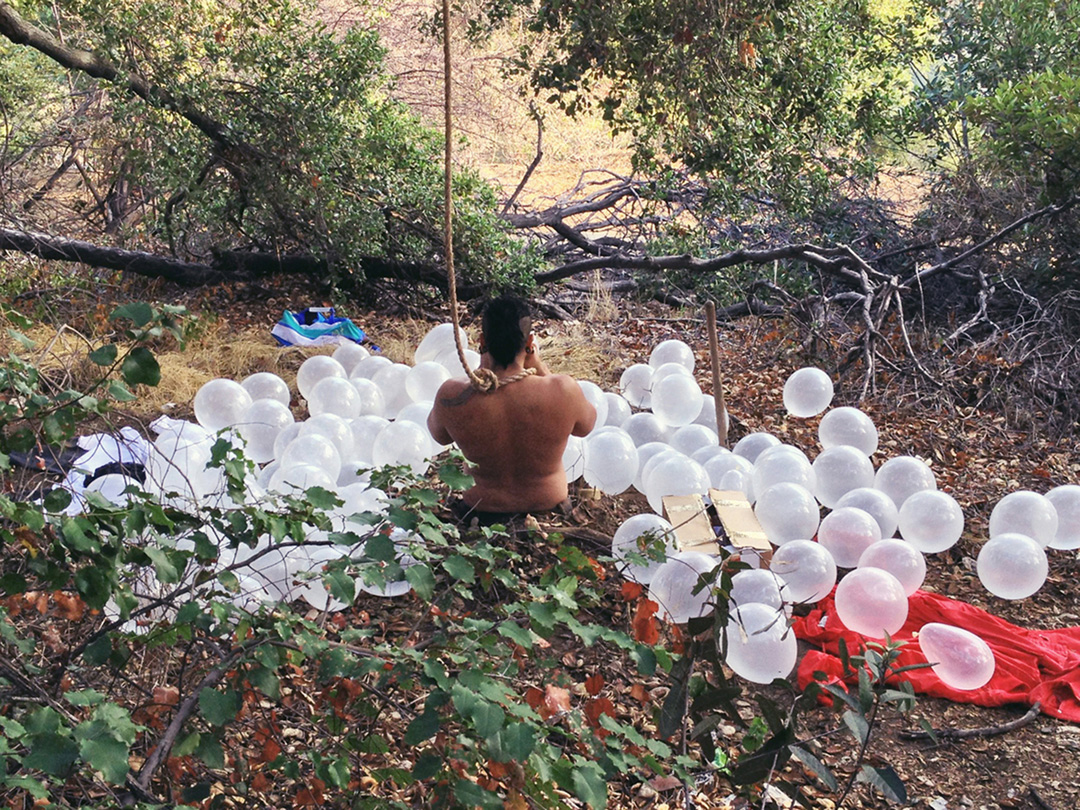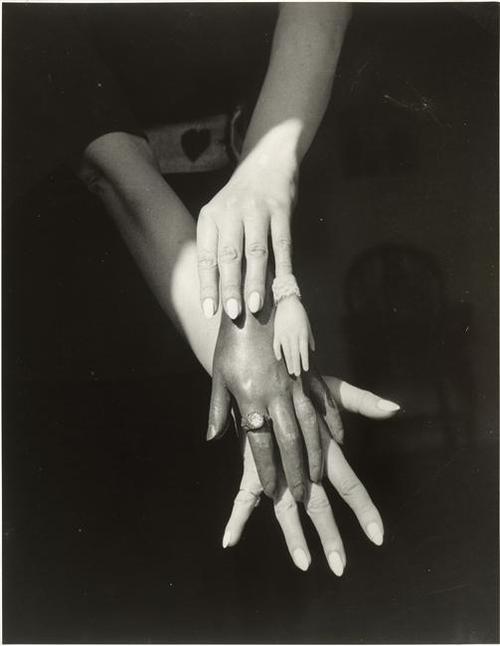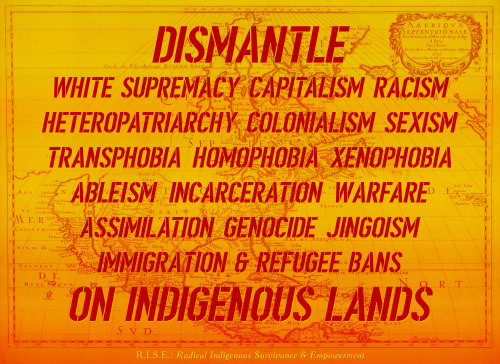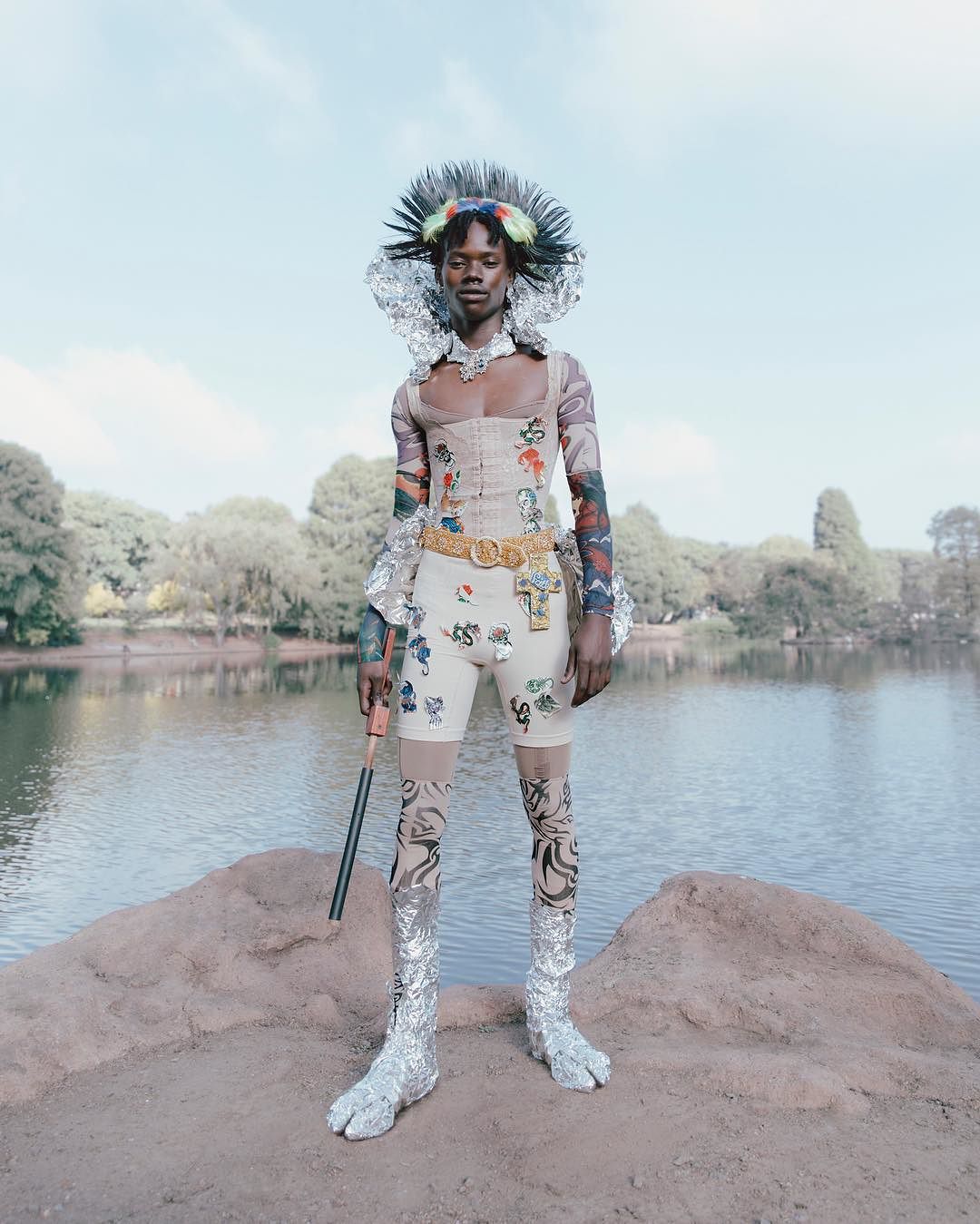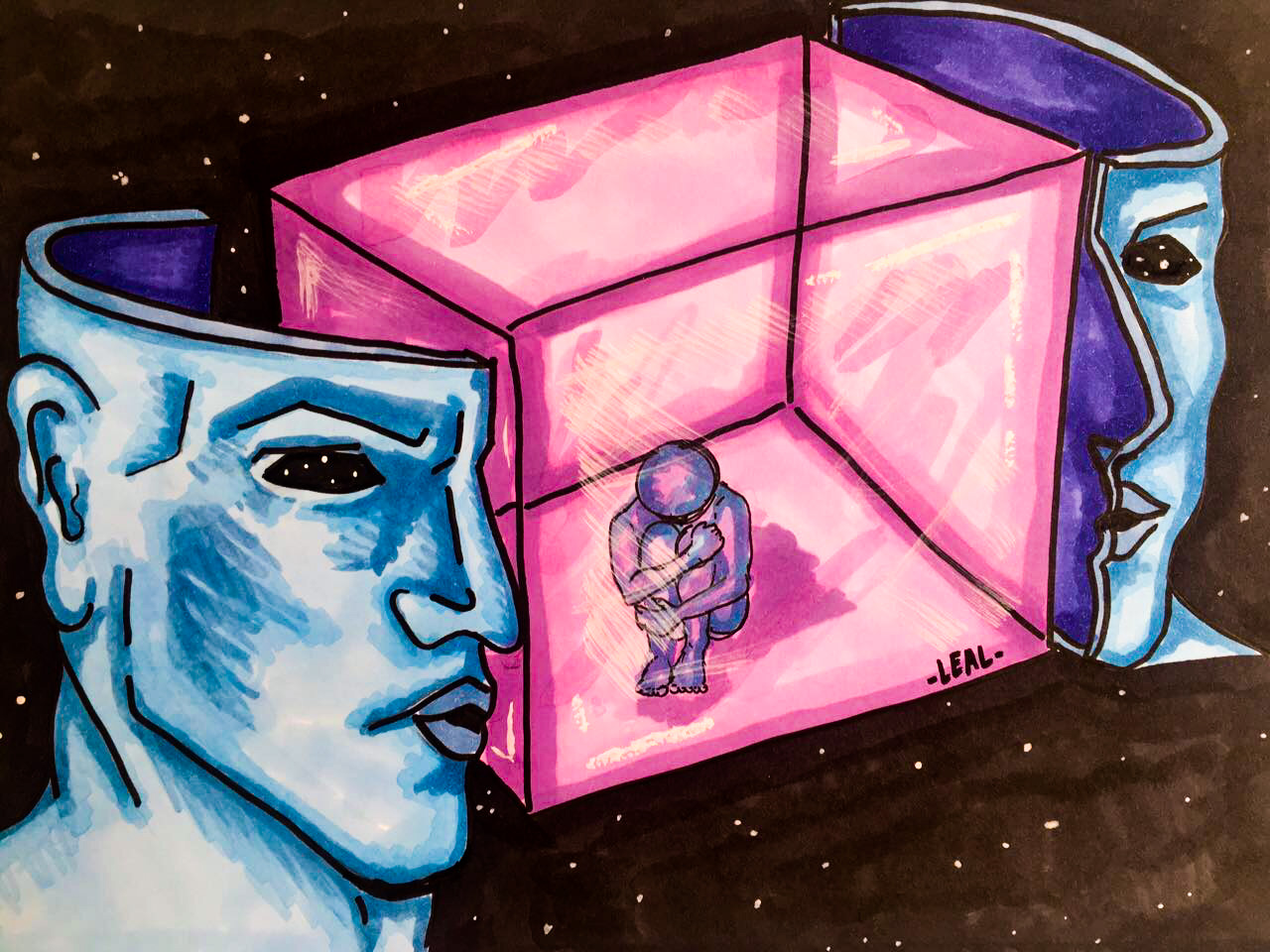“Reading silences, rereading denials, deciphering edited out material and actively pouring over existent African Studies scholarship about intimacies, erotics, sexualities, pleasure, desire, and friendships is critical. This would avail the skills, methodologies and theories to unmute, unsee, and unlearn the outright erasure of multiple forms of evidence of queerness.” – Stella Nyazi
Texts lie scattered across a circular table at the WAM café – the rickety legs supporting pages of politicized queer theory. Light leaks in through the double volume windows of the WAM café. Artist Abri de Swardt sits opposite me, describing Strategies for Survival, a seven-week course that he and art historian Nomvuyo Horwitz facilitated at the Wits School of the Arts, University of the Witwatersrand at the end of 2017.

The course was used as an opportunity to reevaluate and identify failings within the curriculum – locating relevance to the city and the institution in the wake of the Fallist Movement. This was drawn in part from, and in response to, Abri’s engagement with the same body of students during the practice-based Staging Mediums course the previous year. The programme was positioned within the broader framework of Reading the Contemporary. In this instance, reading, was approached from the context of Drag culture, where ‘read’ has come to mean, “to wittily and incisively expose a person’s flaws, often exaggerating or elaborating on them”. Imbedded within this approach is a sense of criticality towards that which ‘the contemporary’ as temporal category delineates, and the blind spots within this designation.

A seminal text in framing Strategies for Survival is Judith Butler’s Frames of War: When is Life Grievable? (2009) “Without grievability, there is no life, or, rather, there is something living that is other than life. Instead, ‘there is a life that will never have been lived,’ sustained by no regard, no testimony, and ungrieved when lost. The apprehension of grievability precedes and makes possible the apprehension of precarious life. Grievability precedes and makes possible the apprehension of the living being as living, exposed to non-life from the start.”
The notion of “grievability” is positioned as a signifier of value and persistence in relation to the social hierarchies of class, race, gender, sexuality and ability, inducing which bodies, beliefs and populations matter, and on a differentiated scale, those which are systematically erased. Butler’s text also describes the intersection between precariousness and precarity with regards to human life – positioning the concept of ‘flourishing’ as central to the distinction between living and merely existing. This takes on a more direct level in necropolitics and accountability for lives lost, which locally can be foregrounded in the Marikana Massacre and the recent Life Esidimeni arbitration.
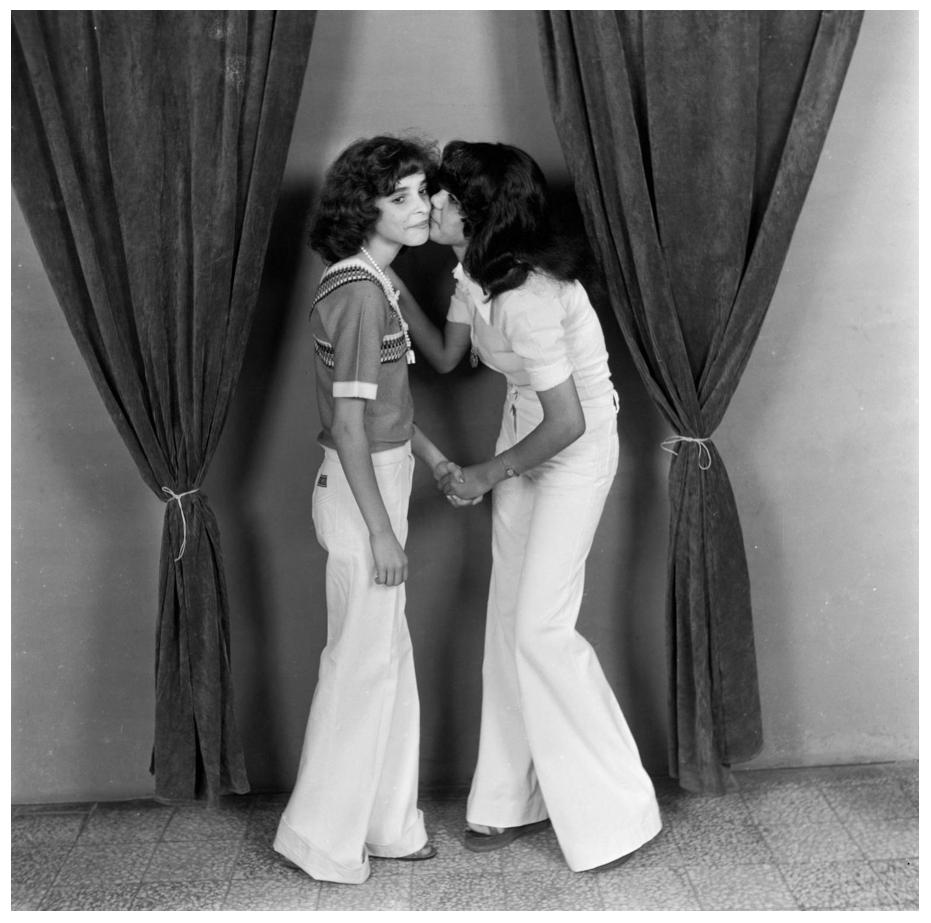
Strategies for Survival examines various subject positions and modes of socialization disidentifying with the invisibility of normativity and its associated subjectivities of heterosexuality, whiteness and ablebodiedness. José Esteban Muñoz writes in Disidentifications: Queers of Color and the Performance of Politics (1999) that,“disidentifications is meant to be descriptive of the survival strategies the minority subject practices in order to negotiate a phobic majoritarian public sphere that continuously elides or punishes the existence of subjects who do not conform to the phantasm of normative citizenship.”This theoretical framework investigates the confluences of queer bodies, black bodies, impaired bodies, trans bodies, intersex bodies, female bodies, cyborg bodies and non-human bodies as well as the moments of affinity and strategic collectivity between them, while simultaneously being aware of subjective experience and the nuanced levels of systemic violence enacted on and within those subject positions.
Contemporary art practices are considered through the lens of queer theory, but also from radical black writing, trans–, and disabilities activism, eco-feminist text and indigenous rights texts, and affective modes such as joy, love and rage. Strategies for Survival is framed within post-colonial discourse and explores modes of ‘Africanizing’ the curriculum through the writing of Stella Nyazi, Zethu Matebeni and Nkunzi Nkabinde among others, while interrogating capitalist constructions of time and production – extending into the ‘non’-neutrality of digital space. The vast subject matter and theoretical framing illustrate the importance of approaching pedagogical practice with considered modes of criticality – while promoting platforms for mobilization, resistance and visibility within and beyond the institution.
“Silence Equals Death” – ACT UP
* Images from course slide show
